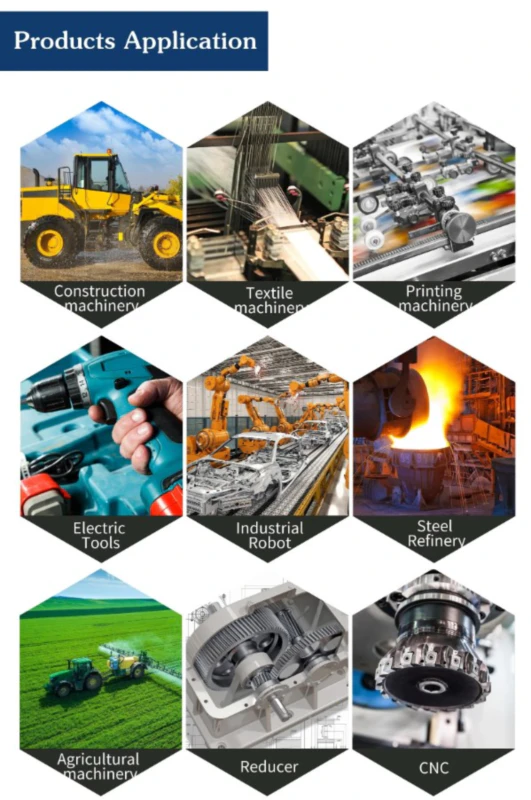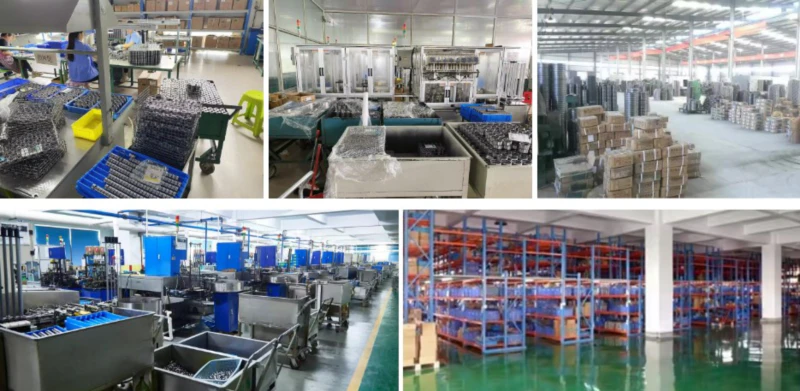Track Bearings Bearing Failure Detection Guidelines
Track Bearings Bearing Failure Detection Guidelines
Track bearings are an essential component in various industrial applications, providing support and smooth rotation for moving parts. However, like any mechanical component, track bearings are subject to wear and tear, which can lead to bearing failure if not detected and addressed promptly.
Types of Bearing Failures
There are several types of bearing failures that can occur in track bearings:
1. Fatigue Failure
Fatigue failure is the most common type of bearing failure. It happens when repeated stress on the track bearing exceeds its endurance limit, leading to cracks and eventual failure. Factors such as improper lubrication, misalignment, or excessive loads can contribute to fatigue failure.
2. Friction Failure
Friction failure occurs when there is excessive heat generated due to friction between the bearing and its surrounding components. This can be caused by insufficient lubrication, high speeds, or heavy loads.
Signs of Bearing Failure
Early detection of bearing failure is crucial in preventing costly downtime and potential damage to other components. Here are some common signs of bearing failure to look out for:
1. Unusual Noise
If you notice abnormal grinding, clicking, or rumbling noises coming from the track bearing, it may indicate a failure. These noises can be an indication of misalignment, debris in the bearing, or lack of lubrication.
2. Excessive Vibration
Excessive vibration can be felt or observed when operating the machinery. It can be caused by imbalanced loads, misalignment, or worn-out track bearings. Monitoring vibration levels regularly can help identify potential bearing failure.
Preventive Maintenance
Regular maintenance and inspections are essential in preventing track bearing failure. Here are some guidelines to follow:
1. Lubrication
Proper lubrication is crucial for reducing friction and preventing premature wear. Follow the manufacturer’s recommendations for lubrication intervals and use high-quality lubricants suitable for the operating conditions.
2. Load Management
Avoid overloading the track bearings beyond their recommended limits. Excessive loads can accelerate wear and lead to premature failure. Consider redistributing loads or upgrading to higher capacity bearings if necessary.
Conclusion
In conclusion, track bearing failure can be detrimental to the overall performance and reliability of industrial machinery. By understanding the types of failures, recognizing early warning signs, and implementing proper maintenance practices, you can extend the lifespan of track bearings and minimize downtime.
About Our Company
We are a leading company in the Chinese reducer market, specializing in the production of various products such as servo reducers, plastic gearboxes, gear motors, worm gearboxes, and worm reducers. With state-of-the-art CNC production equipment and automated assembly systems, we ensure the highest quality standards for our products.
At our company, we pride ourselves on offering premium products, competitive prices, and excellent customer service. We welcome customers’ customization requests and guarantee satisfaction with our products. Contact us today to experience the difference!
Author: Czh


